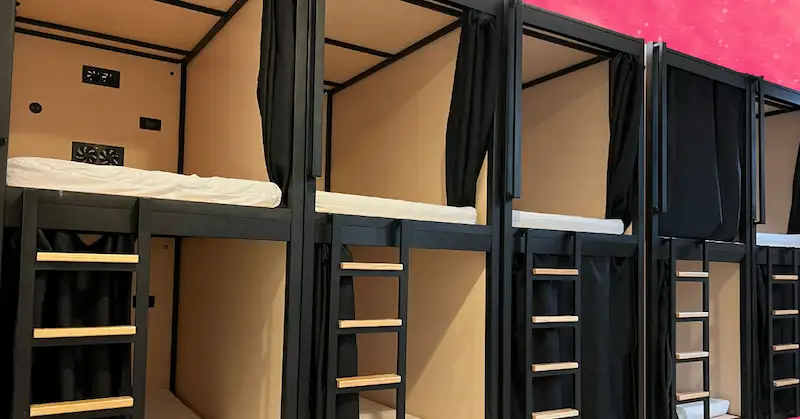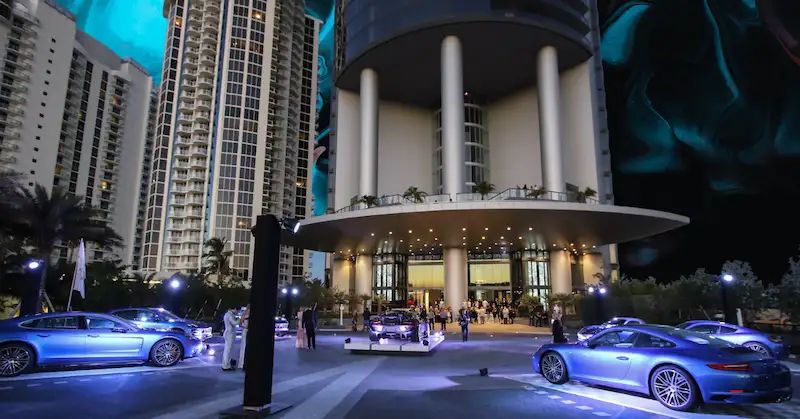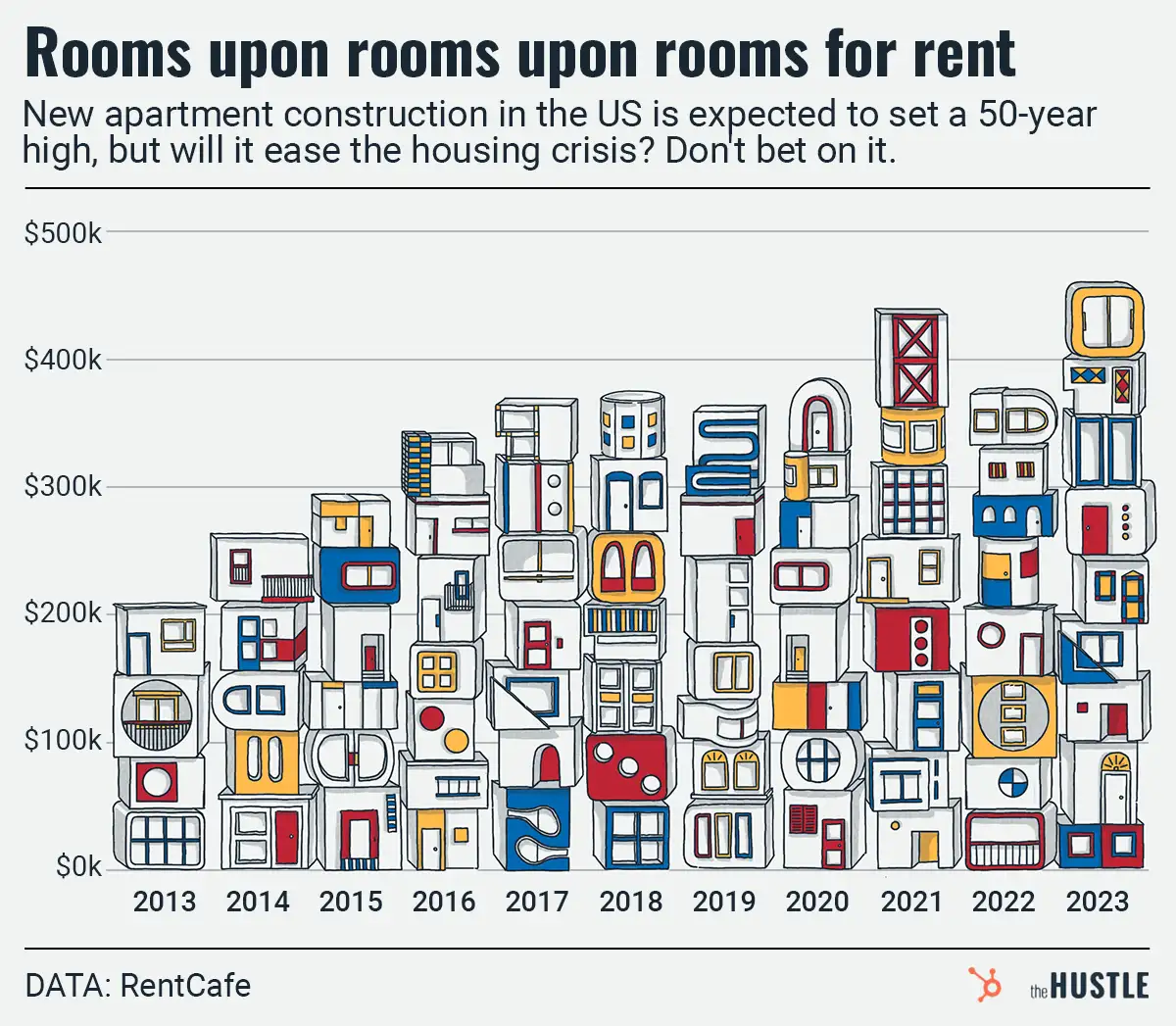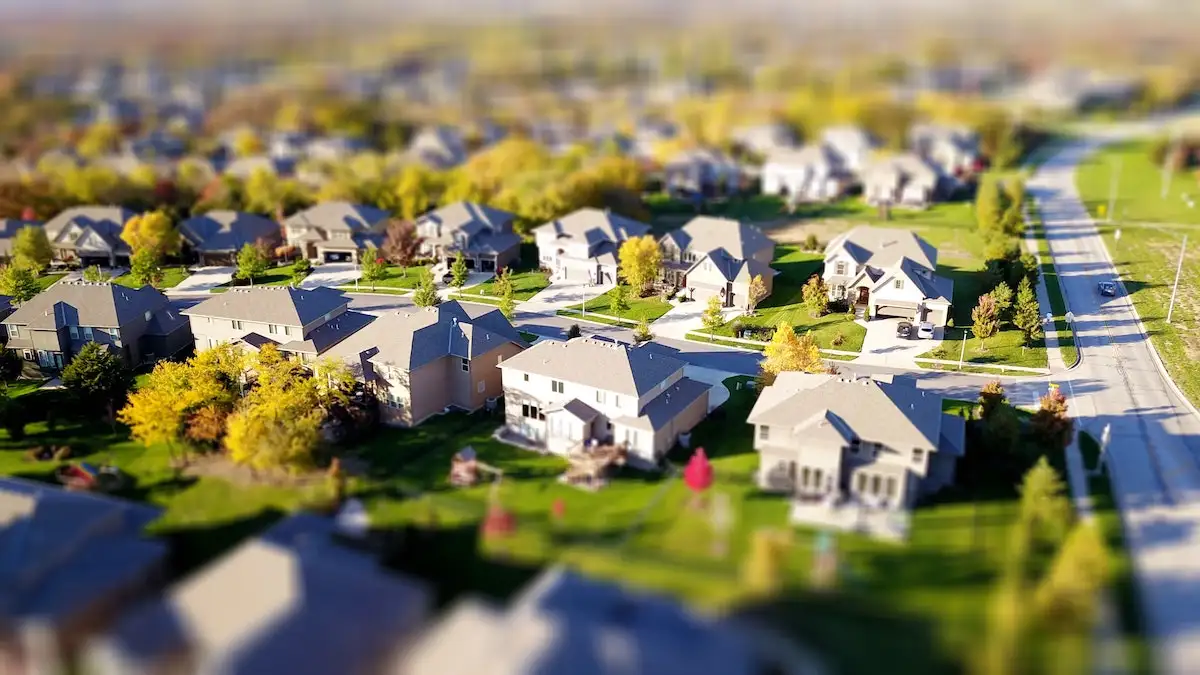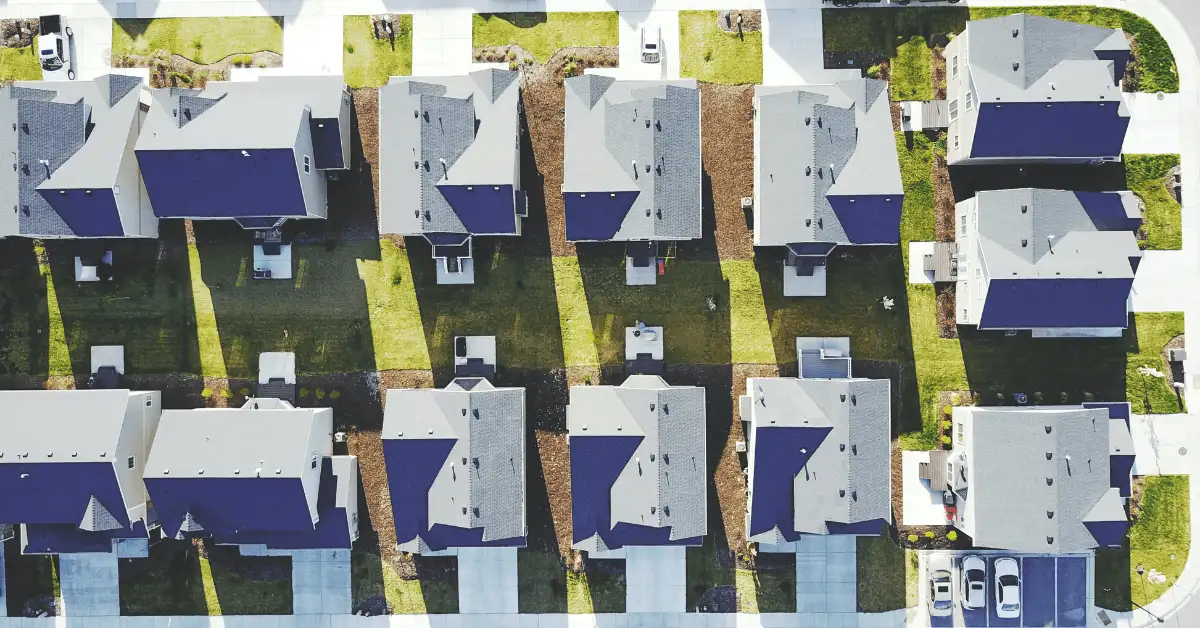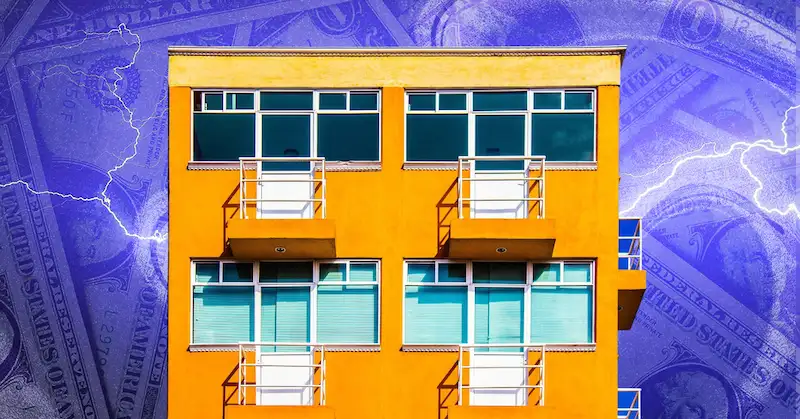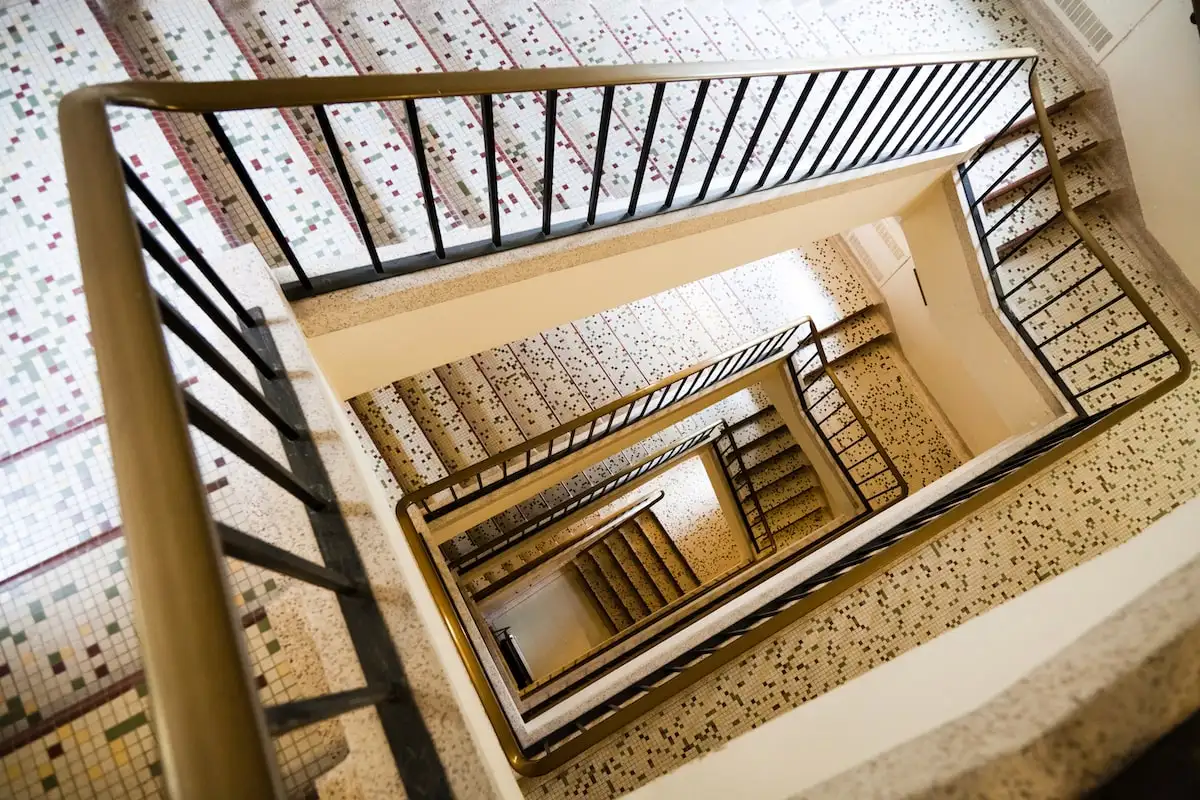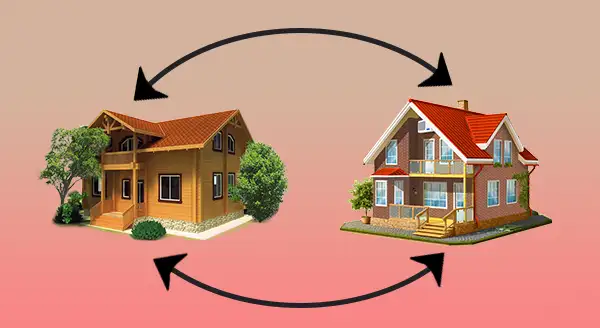In New York City, where the average one-bedroom apartment rents for ~$4.2k, officials say short-term rental platforms like Airbnb and Vrbo have driven up housing costs as superhosts have taken units off the market.
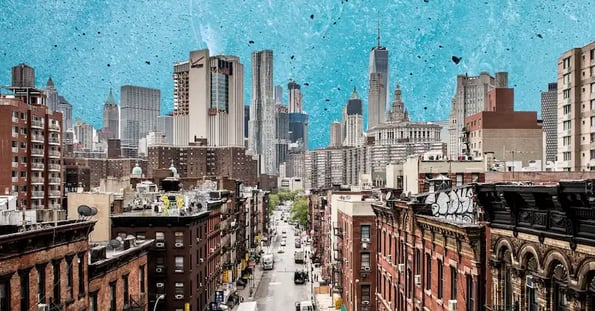
NYC has been fighting back, and if the city’s latest crackdown works, we could see other in-demand cities follow suit.
In NYC…
… short-term rentals (i.e., stays less than 30 days) have long been allowed only if the host is present, per The New York Times — but that’s been difficult to enforce.
City officials claimed that 50%+ of the $85m Airbnb made in 2022 revenue off NYC was from illegal listings.
In September, NYC enacted Local Law 18, which:
- Requires rental hosts to register with the city.
- Requires platforms to verify registration approval before collecting payment.
- Establishes a list of prohibited buildings, where short-term rentals aren’t allowed by law or by the building’s owner.
Violators face fines of up to $5k for hosts and $1.5k for platforms.
So, how’s it going?
It’s still early, but the number of short-term rentals on Airbnb alone have dropped from 22.4k+ in August to ~3.2k in October, per Wired, with only 434 of them registered.
- Some hosts have flipped to long-term rentals, which now account for 94% of the city’s listings.
- Naturally, others are trying to skirt the system by posting on Craigslist, Facebook, and other platforms.
- Some claim to be exempt from the rules, which only applies to hotels, boarding houses, etc.
We’ll have to wait to see if NYC can successfully enforce its rules, if fines deter violators, and the effect on the housing market.
Meanwhile, Airbnb — which has claimed the rules will hurt the city’s tourism — will cancel and refund reservations with check-in dates after Dec. 1. The city likely has enough hotel rooms to meet demand, but experts anticipate prices will go up.
But, hey, at least you don’t have to do the dishes at a hotel.


